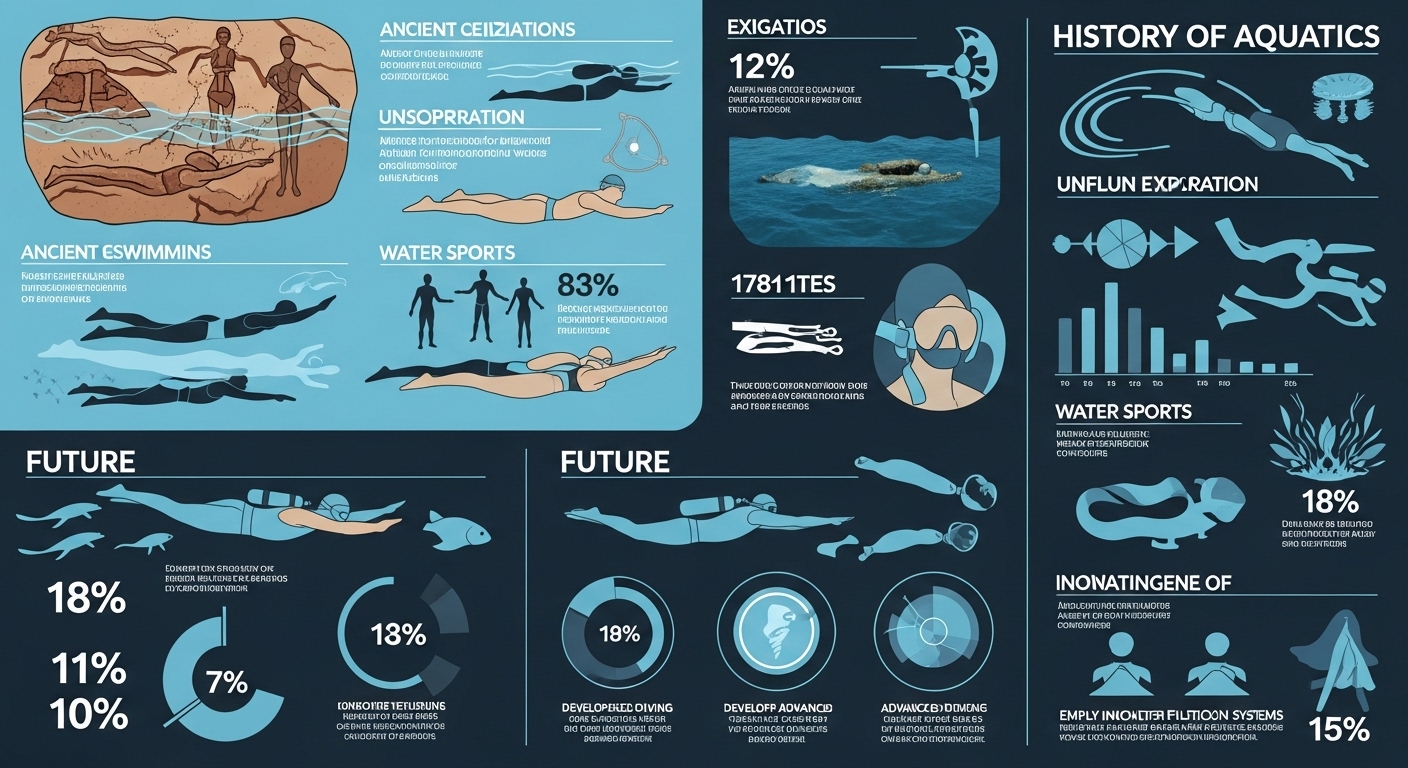Aquatics: Exploring the World Beneath the Waves
Aquatics, the study and practice of activities in water environments, has captured the fascination of humans for centuries. From ancient civilizations to modern-day research, aquatics encompasses a wide range of disciplines, including marine biology, oceanography, competitive swimming, and recreational water sports. In this blog post, we will delve into the diverse world of aquatics, exploring its history, significance, applications, and future trends.
**A Dive into History**
The history of aquatics dates back to ancient times when early civilizations relied on water bodies for sustenance, transportation, and trade. The ancient Egyptians, Greeks, and Romans all had a deep connection to the seas and rivers that surrounded their lands. Aquatics played a crucial role in the exploration of the world, with seafaring journeys leading to the discovery of new lands and cultures.
In the modern era, aquatics has evolved into a scientific discipline that encompasses the study of marine ecosystems, ocean currents, and the impact of human activities on aquatic environments. The development of underwater technology, such as submarines and remotely operated vehicles, has allowed researchers to explore the depths of the oceans and uncover hidden wonders.
**The Significance of Aquatics**
Aquatics plays a vital role in understanding and preserving the world’s water resources. Marine biologists study the diversity of marine life, from microscopic plankton to majestic whales, to unravel the intricate web of ocean ecosystems. Oceanographers investigate the physical and chemical properties of seawater, helping us understand climate patterns and environmental changes.
Aquatics also holds great cultural significance, with water sports and activities being deeply ingrained in many societies. From surfing in Hawaii to traditional fishing practices in Southeast Asia, water has long been a source of recreation, livelihood, and spiritual connection for people around the world.
**Applications of Aquatics**
The applications of aquatics are vast and varied, ranging from scientific research to recreational pursuits. Marine biologists use aquatics to study endangered species, monitor coral reefs, and investigate the impact of pollution on marine ecosystems. Aquatic sports, such as swimming, diving, and sailing, provide opportunities for physical fitness, competition, and leisure.
Aquatics also has practical applications in industries such as shipping, fishing, and renewable energy. Shipping companies rely on aquatics expertise to navigate ocean routes and ensure the safe transport of goods. Fisheries management utilizes aquatics research to sustainably harvest fish stocks and protect marine habitats. In the realm of renewable energy, aquatics plays a role in harnessing the power of tides and waves to generate clean electricity.
**Future Trends in Aquatics**
Looking ahead, the future of aquatics holds exciting possibilities and challenges. With climate change threatening marine ecosystems worldwide, aquatics research will be crucial in developing strategies to mitigate environmental impacts and adapt to a changing climate. Advances in technology, such as underwater drones and satellite monitoring, will enhance our ability to study and protect aquatic environments.
In the realm of aquatics sports and recreation, innovations in gear and equipment will continue to enhance the safety and performance of athletes and enthusiasts. Virtual reality and augmented reality technologies may revolutionize how we experience and interact with aquatic environments, allowing people to explore the depths of the oceans from the comfort of their homes.
**Conclusion**
Aquatics is a multifaceted field that encompasses scientific inquiry, cultural traditions, and recreational pursuits. From ancient seafarers to modern-day researchers, humans have long been drawn to the mysteries and wonders of the water. As we navigate the complexities of a changing world, aquatics will remain a vital tool for understanding, preserving, and enjoying our planet’s aquatic environments. Whether you’re a marine biologist studying coral reefs or a weekend sailor exploring the open seas, the world of aquatics offers endless opportunities for discovery and adventure.

